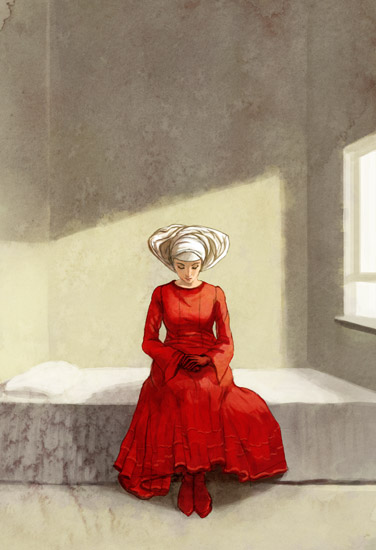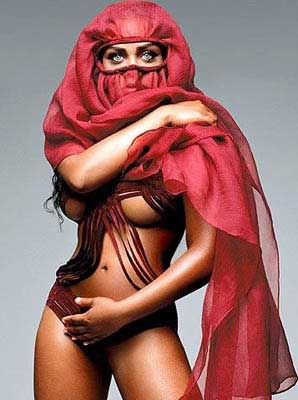
“The Kite Runner” by Khaled Hosseini
The Kite Runner is a novel of two boys, Amir, a Pashtun, and Hassan, a Hazara, and of the story of them growing up in the city of Kabul, Afghanistan. It all Begins how Hassan, servant to Amir is raped, and how Amir witness the rape, and does nothing to help Hassan, or even anything about it. The story continues in how Amir and his father, Baba, travel to The United States seeking a new life after Russia invades Afghanistan. Then Soon after the death of Baba in the United States we find out that Baba was the real father of Hassan, making Amir and Hassan half-brothers, plus we find out that back in Afghanistan Hassan and his wife have been murdered, introducing us to Sohrab, Hassan son , and Amir’s Half-nephew, who is in need of family. In the end Amir adopts Sohrab, taking custody of him in Afghanistan, and eventually bringing him to The United States, The End.
This Novel is mainly about “Nang and Namoos,” honor and pride. This starts with Baba being a Pashtun, and Ali’ being a Hazara, and his Half-adopted brother to Baba ; Hazara meaning coming from Mongolian decent. Baba treats Ali as a servant even though they are related. Baba’s “Nang and Namoose “dictates that he treat Ali as a lesser person, because in the society that Baba grew up in Hazara’s are a lesser being. So eventually when Amir and Hassan grow up together, and again the problem of Pashtun and Hazara resurfaces, Amir is faced with the problem of having a best friend that is a Hazara. Thus when Amir had a choice to defend Hassan, the Hazara, from being raped, Amir’s saw his “Namoos, “honor, was in jeopardy. What type of Pashtun, Amir, would bother with defending a hazara, Hassan,one of the reasons Amir lets Hassan get rape. “Maybe Hassan was the price I had to pay, the lamb I had to slay, to win Baba” (Hosseini 77), Amir is speaking of Hassan as if he was a piece of cattle, livestock that needed to be sacrifice for the sake of a greater good.
It is also “Namng and Namoose” that led Baba, Ali, and Rahin Khan to lie to everyone about Hassan being Baba’s son. If everyone would have found out that Baba a Pashtun had an illegitimate son with a Hazara women, it could hurt Baba’s honor, something Afghan culture takes pride in.
”People will ask. They will want to know why there is a Hazara boy living with our daughter. What will I tell them” (Hoseini 360). As to the reason why Amir adopts Sohrab it’s because he now lives in America, were culture is different, “Nang And Namoos” isn’t as important as in Afghanistan, and also Amir is tired of lies, and he feels adopting Sohrab could atone for the sin of his past, the one where he left Hassan to be raped in Kabul.”’You see, General Sahib, my father slept with his servant’s wife. She bore him a son named Hassan. Hassan is dead now. That boy sleeping on the couch is Hassan’s son. He’s my nephew. That’s what you tell people when they ask.’”(Hosseini 361). Amir eventually excepting things for what they were, and starting g his life over again, with Sohrab.
I also found that Hosseini in this novel used a kite as a symbolism to status. Towards the middle of the story Amir enrolls himself in a kite fighting tournament, and because Amir, son of Baba, a well placed man in society, has the opportunity to own and fly kites. The kite in this case symbolic to prestige, richness, and good. As for Hassan who is a servant’s son, the kite to him represents the other side of status, being poor, the wrong ethnicity, at least in this book, and or bad. So in the end Hosseini to show improvement in Amir’s life uses the kite. “It was Sohrab. . .’Do you want to try?’ I asked. . .But when I held the string out for him, his hand lifted from his pocket. . .We stood quietly side by side”(Hosseini 369). Sohrab, Hassan son, has now become the one who fly’s kites and Amir the one who runs after them, “Do you want me to run that kite for you?. . . ‘For you a thousand times over’ I heard myself say (Hosseini 371). Hosseini shows us that when Sohrab fly’s the kite, and Amir run’s them, atonement has been achieved by Amir, and Hassan has been rewarded through his son.
As to the characters, Hosseini uses culture and status as the main drive to them. Baba, a person who is presented by Hosseini as an alpha male, was made to look as an undefeatable, perfect Muslim citizen. “It was Rahim Khan who first referred to him as what eventually became Baba’s famous nick name, Toophan agha, or ‘Mr. Hurricane’. . . My father was a force of nature, a towering Pashtun specimen with thick beard, a wayward crop of curly brown hair as unruly as the man himself, hands that looked capable of uprooting a willow tree, and a black glare that would ‘drop the devil to his knees begging for mercy,’ as Rahim Khan used to say” (Hosseini 12-13). Hosseini used Islamic culture on Baba; Islamic culture believing the man of the house is the one who sets the legacy of the entire family. Hosseini used this fact to make Baba the perfect Muslim man, something Hosseini also does to benefit Amir as a character.
Amir’s character is lead by status. Amir, son of Baba a prestigious man, has to live up to his father’s name and anything less is shameful.” ‘We Afghans are prone to a considerable degree of exaggeration, bachem, and I have heard many men foolishly labeled great. But your father has the distinction of belonging to the minority who truly deserves the label’” (Hosseini 140).This is one of the reason why Amir felt Hassan, Hosseini also using status with Hassan, a Hazara was not worth being rescued from rape, and that the rape of a Hazara would be a easy, fair, trade for the love of his father, Baba. “Maybe Hassan was the price I had to pay, the lamb I had to slay, to win Baba” (Hosseini 77).
http://www.bbc.co.uk/religion/religions/islam/beliefs/hijab_1.shtml
Citation Page
Hosseini, Khaled. The Kite Runner. Essential ed. New York, New York: Riverhead Trade (Paperbacks), 2005. 1-371. Print.




